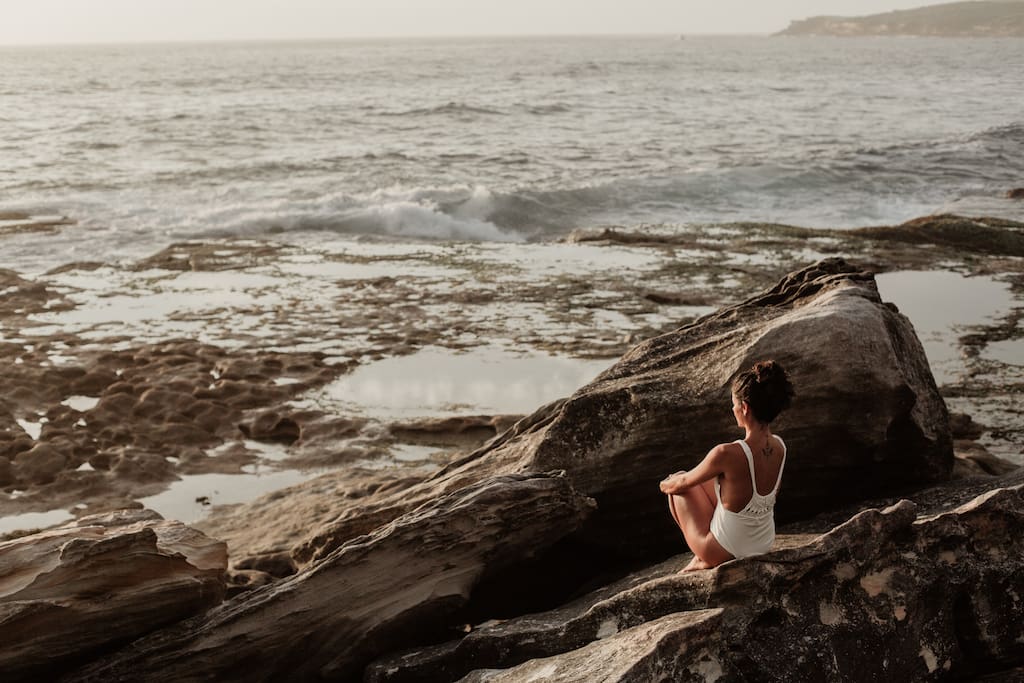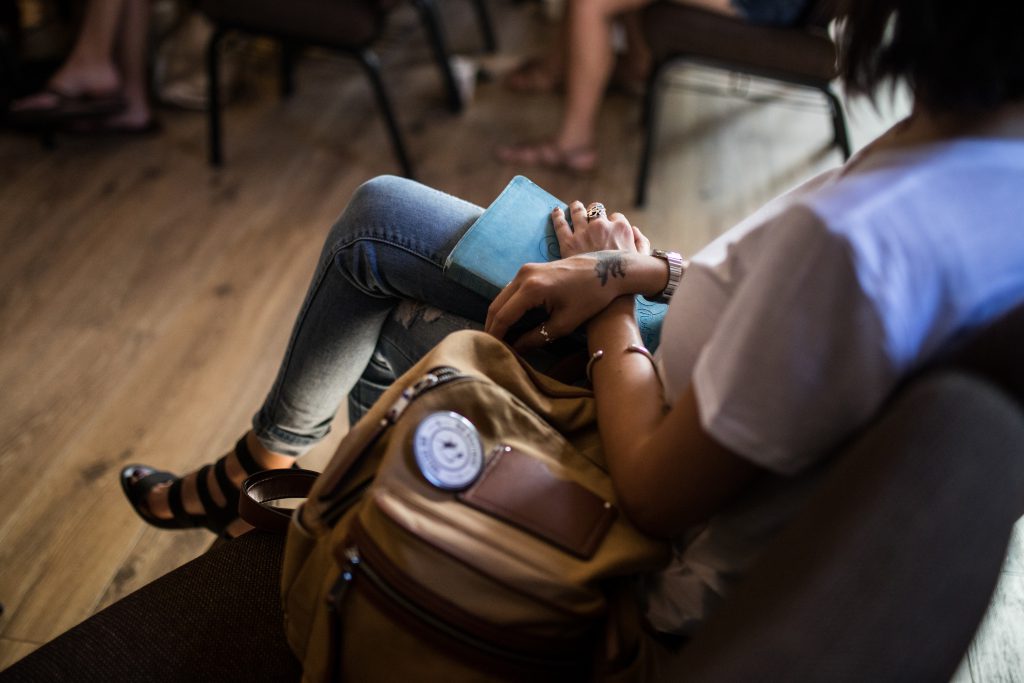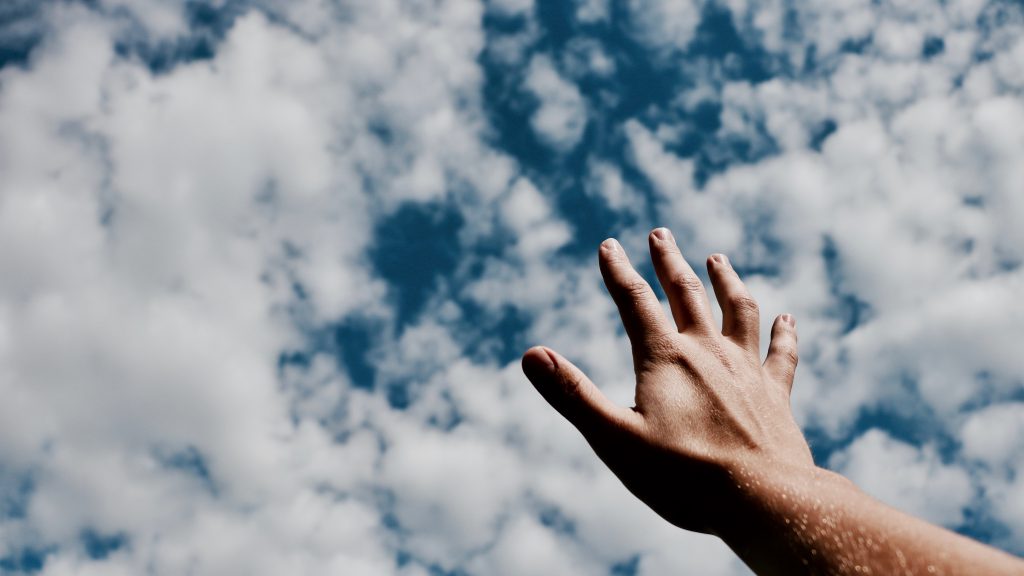The Mind Divided

The human mind is a powerful thing. It can allow us to process all of the beautiful things in our lives, but it can also be a source of suffering. The healthy mind is capable of doing everyday trivial tasks, getting us through our routine and social interactions with relative ease. This is a state of mind that can be easily underappreciated while our mind is at peace. However, when we go through difficulties internally or externally, it can be very challenging for us to perform the simplest of activities like taking a shower, working, or even eating.

I can’t say that having panic attacks has brought me any kind of joy, at least not during a crisis. Yet I also cannot deny that without having experienced frequent panic attacks, I probably wouldn’t have had the motivation to begin meditating consistently.
Individuals managing mental illnesses can in fact put forth a lot of energy. While this energy is in most cases destructive, it’s energy nonetheless. But how can we function in this world and in this life with that kind of energy, and learn to transform it so that it doesn’t harm us or anyone around us?
In my experience, the first step was to observe my mind and realize that it is full of habits, beliefs and delusions. I began to understand more clearly that my mind could shape reality based on those beliefs and, at my worst moments, make me feel as though I was dying.
I used to feel like the world was dissolving, and that nothing was solid; as if I could see the air between the molecules that forms all things and people. It was a terrifying visualization and an even worse feeling. Now, because I have a better understanding of how my thoughts dictate my reality, whenever I’m in the midst of a panic attack rather than exerting energy on wishing that it would be over, I simply surrender to them. Wishing and hoping only makes them last longer and focusing on what an uncomfortable, traumatizing, and scary experience it is only exacerbates the intensity of them.

Focus the mind
Learning to focus the mind can also be incredibly helpful for coping with panic attacks. Most of us aren’t aware of whether we’re good at focusing or not, but I quickly learned that my mind was not disciplined enough to focus most of the time. Although I’m sure this same scenario had happened many times before, I first noticed the power of focusing my mind once while having dinner with my boyfriend at home. We were sitting at the table, drinking wine, and while he had already finished his dinner, I still hadn’t been able to eat anything. Suddenly, I remembered that this was the same symptom I had previously had, right before having a panic attack. It wasn’t a conscious or clear thought, but almost as if I unconsciously remembered this symptom throughout my body. It was at this moment I began to take notice of the process my mind went through before going into a panic attack. I realized that noticing the symptoms of an impending panic attack simply made me feel helpless and further exacerbated the state of crisis I felt. And it happened in less than two seconds; as soon as I realized a panic attack might be coming, the emotions linked to being unsafe, in crisis, and under attack quickly reared their heads and it seemed there was no going back.
I then began to understand that if I focused my attention on the present moment rather than analyzing what might happen over the following few seconds and minutes, I was able to pacify and in some cases completely prevent the impending panic attack. Of course, as there’s so much happening in your mind when this situation arises, this was incredibly difficult to do and took a lot of practice, but eventually it began to help. So, it’s very important to be clear on this point: this practice has no clinical support and I am not definitely telling you how to overcome a panic attack. These are only based on my personal experience.

The mind surviving in the real world
In spite of learning to practice how to hone my focus, I wondered how I could go out with my husband to have dinner and actually eat something and not have a panic attack. I knew that a crowded place would be too challenging for me, so my idea was to go to an empty restaurant, right when it opened, so there wouldn’t be anybody there yet. And so that’s what we did.
During that time, a series of political demonstrations were occurring in Brazil. I, with a big passion for politics, had felt disappointed at the fact that I wasn’t able to join in on this historical moment for my country because of my panic attacks. Yet as we sat there in this restaurant, we talked about our political views and beliefs, we talked about socialism and poverty, and how democracy was such a beautiful thing. I went through the whole dinner not eating much, but nevertheless eating. Throughout the whole dinner, I realized how incredibly focused and present my mind had the ability to be. I realized how powerful my mind is, and how all of those past months of practicing and building a foundation had finally led up to me being able to sit through an entire dinner out without having a panic attack.
Even though people had started coming in, I stayed focused on the smell of the food, everything happening around me, and the lively conversation my husband and I were having. From this experience I began to understand how sustained attention and focus needs to be. It’s the ability to fade out the world around you and keep your attention on the present moment, on one smell, taste, feeling, sound, or sight. I can’t say that this definition can be applied to a mind free of mental disorders, but for me it was the perfect hour of being: no extremes, no bliss, no suffering, no wondering, just experiencing things the way they were.
And then there was bliss….
There was no happiness or sorrow at the restaurant. Afterwards though, when I realized everything that had happened just during that one dinner, there came this wave of bliss and happiness that washed over me. And in that moment, I was grateful for the suffering and darkness of having had to cope with panic attacks, because otherwise I wouldn’t have been able to feel the full extent of this bliss. Light can only exist because there’s also darkness.
I truly believe that by sharing our experiences with our respective mental disorders, we’ll be able to help one another find ways of not only coping, but thriving in our lives. Do you struggle to cope with any mental disorders or illnesses? Have you ever used meditation or mindfulness to cope with it? What has been your experience and what suggestions can you share with our community?


